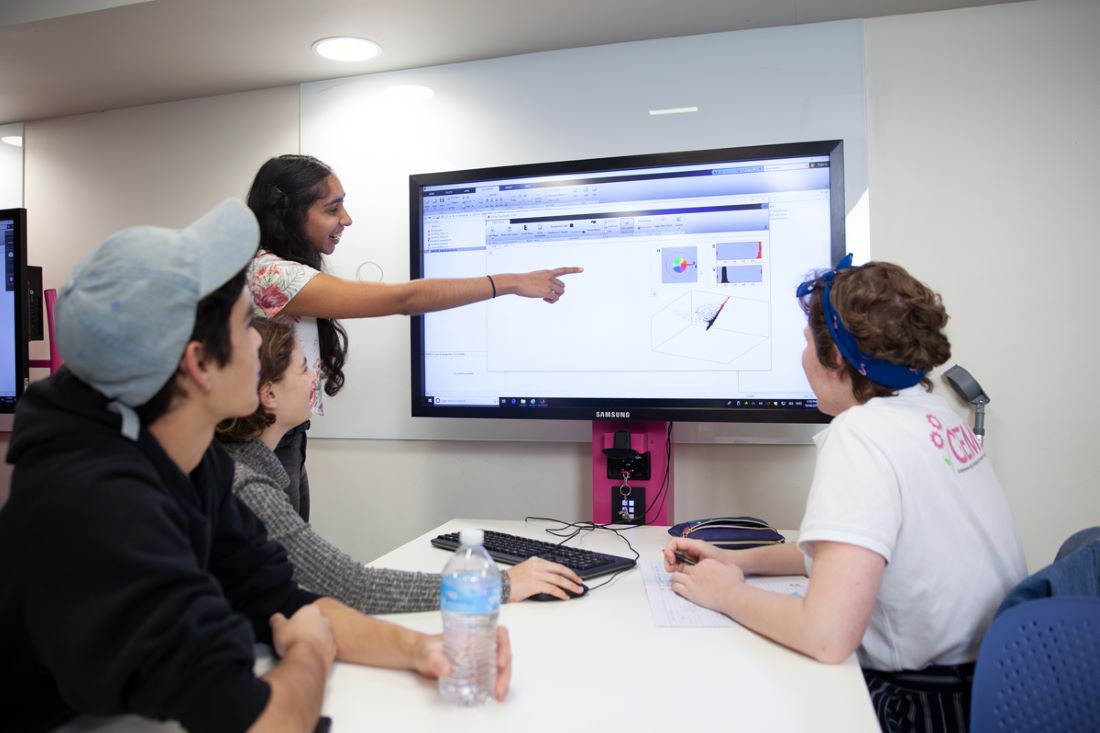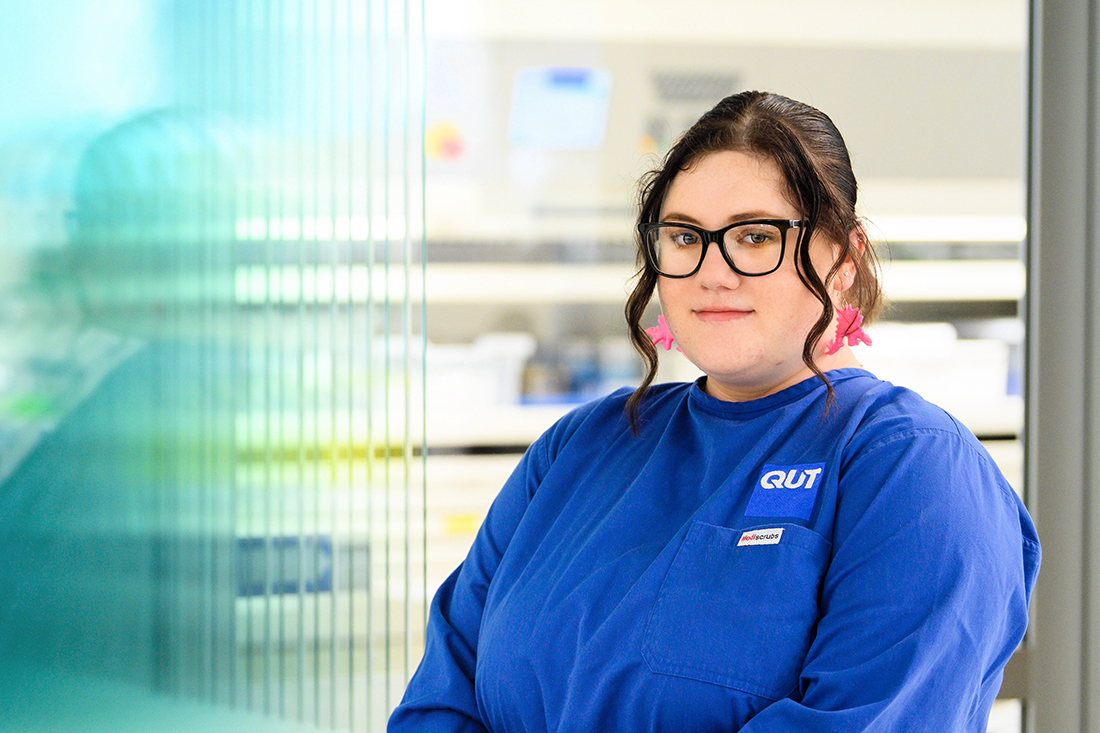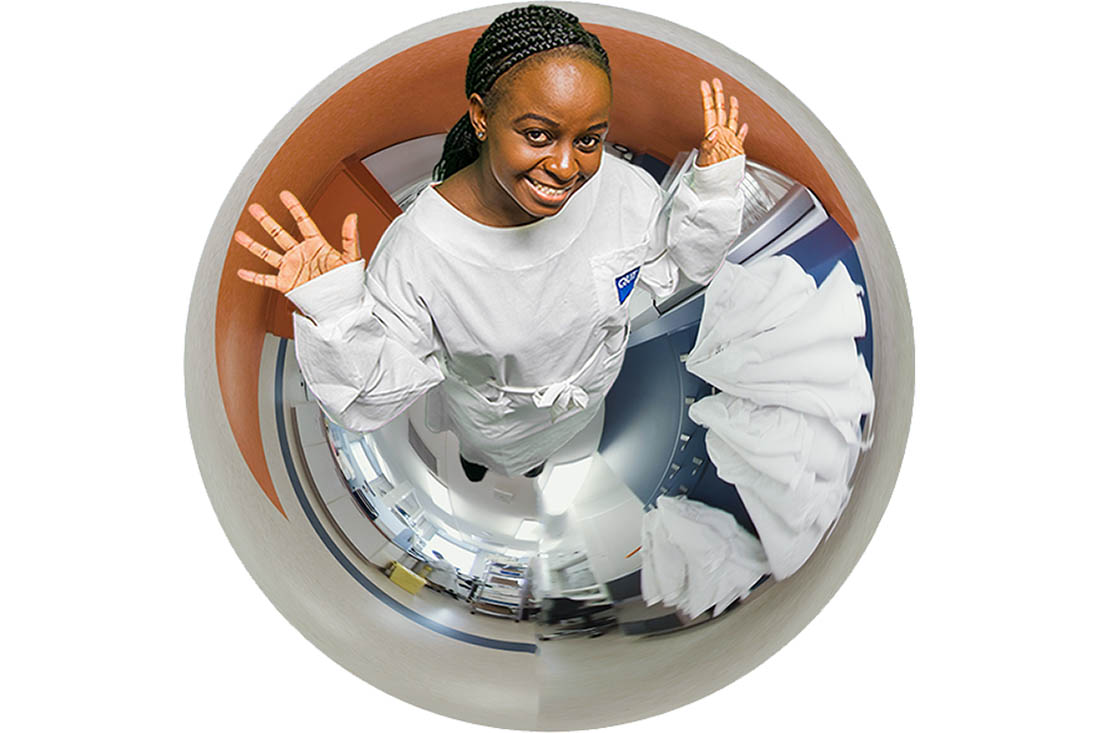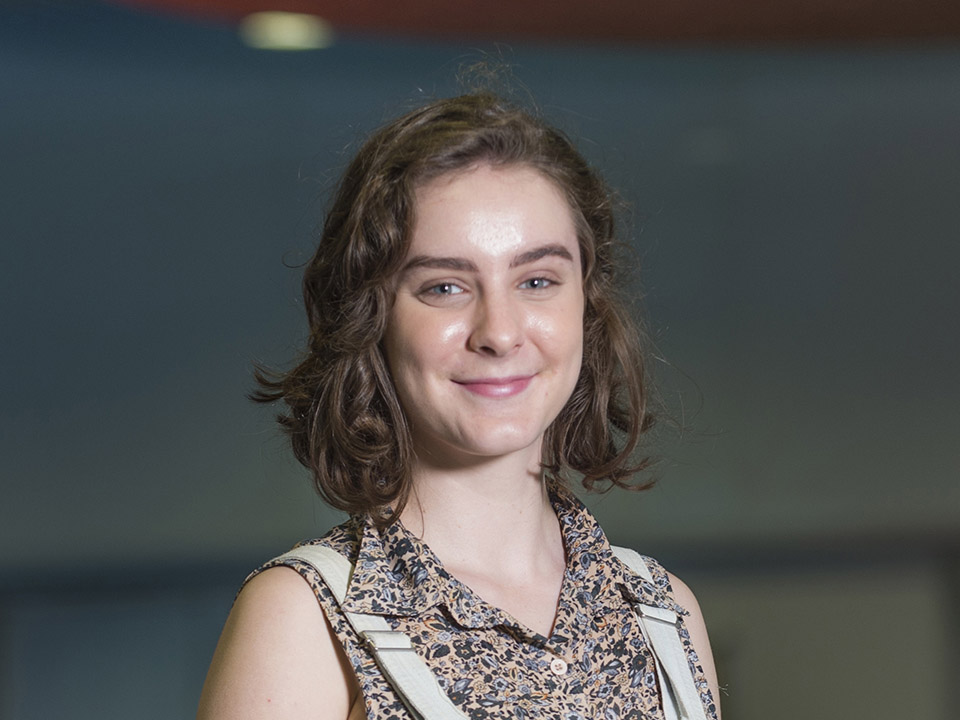Inspiring Indigenous students
'I am a Kalkadoon woman from the tribe in Mount Isa and I'm studying the Bachelor of Biomedical Science. Some advice that I'd give to anyone interested in studying at QUT is to go for it. You never know how much you'll enjoy it until you actually get into the thick of it, and it's always different to what you expect.'
Experience science in 360 degrees
When you study with us, you’ll be working in real clinical settings and simulation environments from your first year. Explore our 360° environments and see what real-world health sciences can mean for you.
Reputation matters
QUT was my first choice for biomedical science because of its practical reputation, flexibility, and choices within the course. I already had a background in nutrition science, but working in the biochemistry field during my final years sparked an interest and motivated me to change the direction of my career. The emphasis on hands-on experience and the amount of time spent in the laboratories was by far the most enjoyable and beneficial part of studying at QUT.








